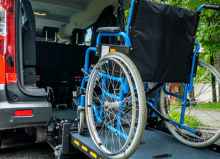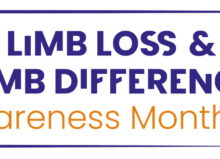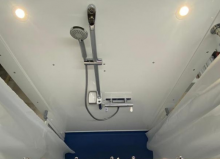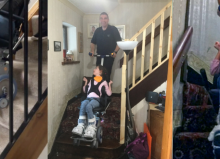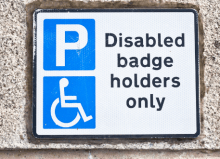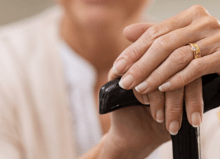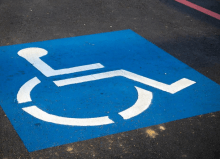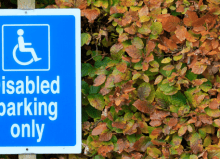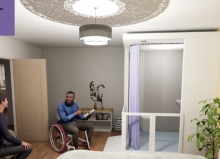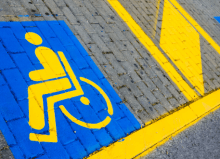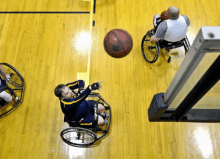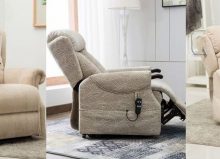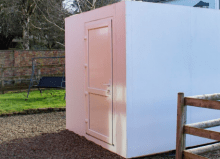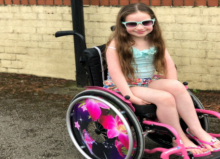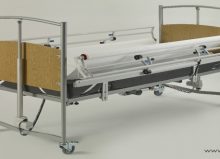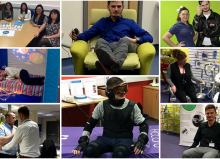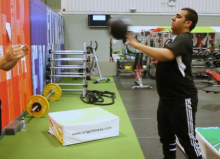Can Live-in Care Help with a Physical Disability?

This is a sponsored blog written by Elder for Disabled Living.
Physical disabilities can affect a person at any stage of their life – whether it be in their younger years, or as they begin to age. However, having a physical disability should not stop you from living a happy and stable life from the comfort of your own home.
This is where live-in care can be the perfect option for either yourself or your loved one. Here, Elder, discuss how live-in care should be considered for someone with a physical disability.
What is live-in care?
Live-in care is an at home, one-to-one service offering twenty-four-hour care and support for those who need it most. A specialised and professional carer will move into the person’s home, assisting with all they need, whether it be daily tasks or personal care.
More importantly, for many, their home is where they feel most comfortable and happy. As a familiar environment, home can often be easier to navigate for someone with a disability such as sight loss. Therefore, live-in care offers the essential support, as well as the stability and independence they had prior to needing the extra assistance.
When to consider live-in care
Live-in care is suitable for those of all ages who are no longer able to care for themselves due to a physical or cognitive disability, but would prefer to remain in the comfort of their own home.
If your loved one, or yourself, needs support and assistance, a live-in carer could be the perfect option to ensure that both practical and emotional needs are catered for. It’s important to consider additional care options when needs become more complex, or the individual needs more support in completing daily tasks.
It can also be common for family members who are caring for someone to need support and respite, and a live-in carer can provide just that. It is important that the ongoing mental health of the carer in addition to the wellbeing of those being cared for is looked after.

How can a live-in carer help?
A live-in carer can help in many ways, offering all aspects of practical and emotional support, whilst being a reliable point of contact for family members. Depending on the person’s individual needs, whether it’s arthritis care where assistance may be needed with exercises, using mobility aids, or helping with daily tasks, or perhaps MS where the care needs may be more complex and symptoms can change day to day – professional live-in carers will be there 24 hours to support.
A live-in carer can help with mobility and daily tasks such as showering, getting up and down stairs and in and out of bed. They can also help ensure any treatments and medication are adhered to and arrange trips to the physiotherapist as required.
Carers can also provide a level of companionship, which can be especially comforting in the current climate, and for those who may not be able to get out and about without assistance.
For those who have pets, there is no need to part with their companion as a carer allows you to keep your furry friend living with you in the house. Pets can promote general activity, as well as spending time outdoors despite suffering with limited mobility, both of which are essential to a person’s wellbeing.
How to organise care
Finding the right carer for each person is extremely important, both for the person in need and the carer themselves. Therefore, each individual will go through a unique journey to find their live-in carer, dependent on their needs, personality, interests, likes and dislikes. Live-in care agencies, such as Elder, carefully select one of their specialist carers who are perfectly matched to all of these preferences to ensure the perfect match.
Funding for home adaptations
When living with a disability, adaptations may have to be made to the surrounding environment to make it safe and comfortable. Local authorities can provide funding towards minor adaptations to the home and equipment which can include things such as grab rails, ramps and disability compliant door and window fittings.
Additionally, major adaptations to the home can be funded by the Disabled Facilities Grant, which is funded by local councils. If eligible, this grant can be up to £30,000 to help make significant changes to the home. Changes can include, fitting a stairlift, widening doors, implementing a wet room or wheelchair accessible shower, and altering the kitchen so it’s accessible and easier to navigate.
A care needs assessment will identify the available funding for the individual’s situation.
As live-in care is full time and tailored for each individual, there are many benefits no matter a person’s physical condition. Allowing for the freedom and comfort for your friend, relative or loved one is at the core of live-in care and is the reason why so many consider it for those with physical disabilities, regardless of their age.
For more information about live-in care, contact a professional who will carefully guide you through your options and offer the most beneficial outcome for you, and most importantly, for the person in need.


